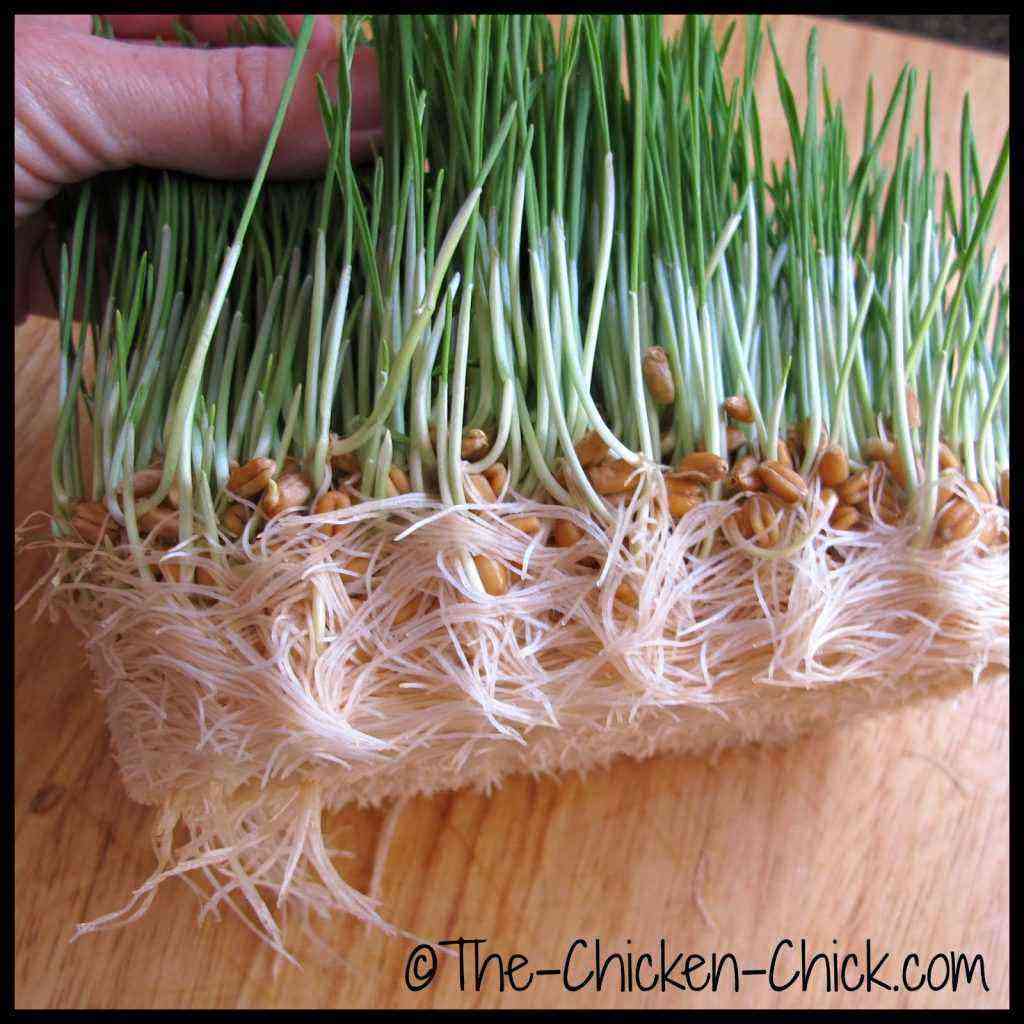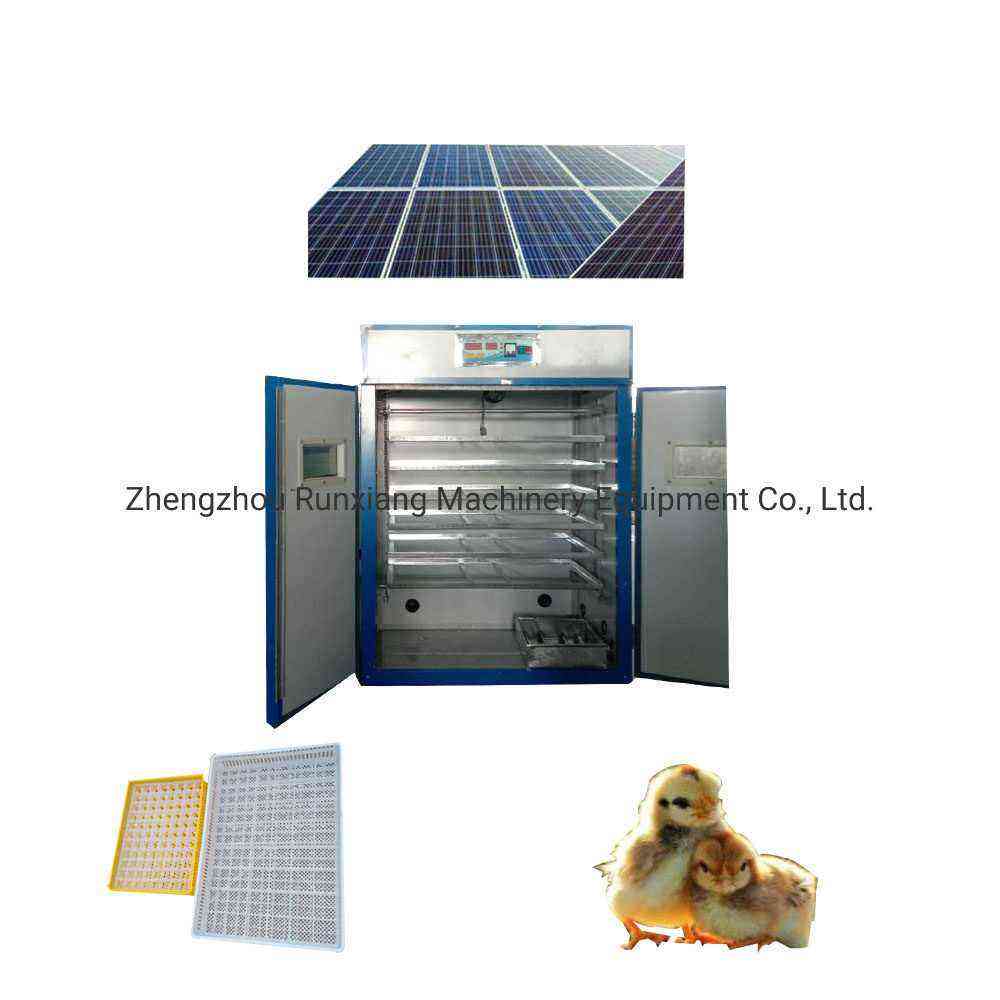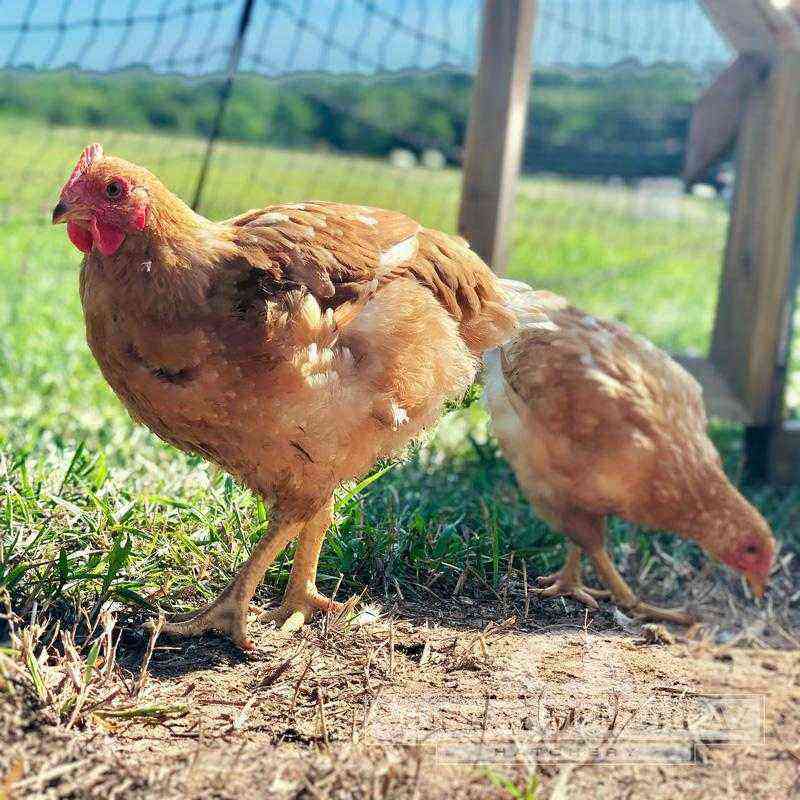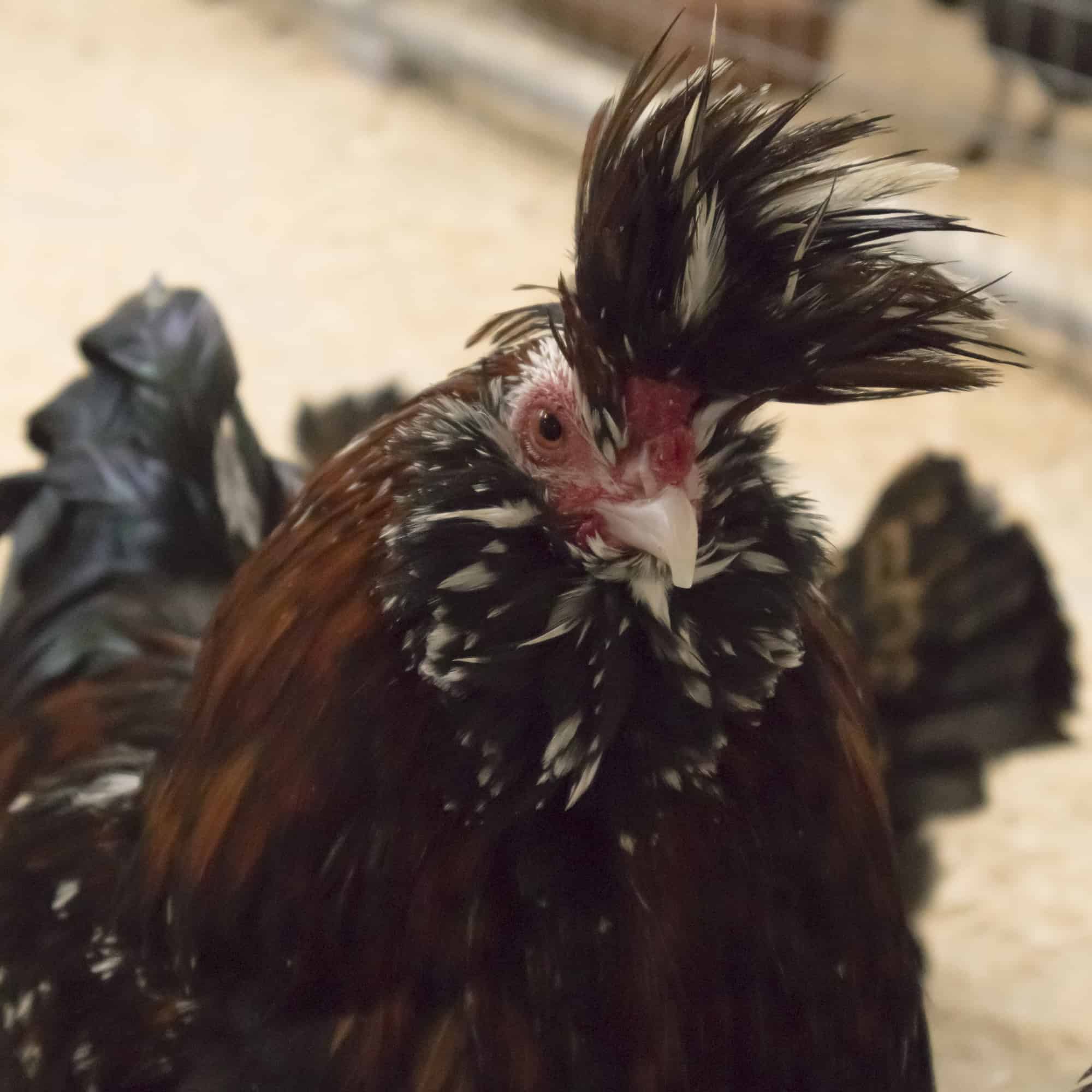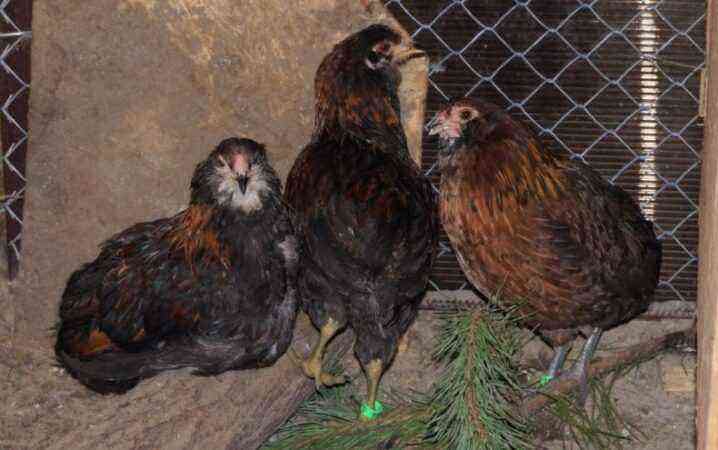One of the most important conditions for the effective cultivation and maintenance of chickens is the prevention of infection with various diseases. For small chickens, the main prevention is timely vaccination. After all, as you know, the disease is better to prevent than to treat it later.
Distinguish between specific and non-specific prevention. The first is the administration of serum to chickens. The second consists of a whole complex of a wide variety of activities: adding vitamins to the feed, purifying water, isolating sick individuals, and much more. There are also primary, secondary and tertiary prevention.
Vaccination is the introduction into the body of chicks of certain microorganisms or antigens killed or weakened in order to create specific immunity in chickens against infection with a particular disease. Vaccination is valid for a certain period of time.
In the first weeks and months of life, chicks are vaccinated regularly. The vaccine must be prepared in advance so that it warms up to room temperature. Before opening, the bottle with the drug is shaken and the required amount of the drug is drawn into the syringe through the needle. The length of the needle should be between nine and fifteen millimeters. An expired vaccine should never be used. This can seriously harm the chickens.
The preparation may contain live, attenuated microorganisms or non-live, that is, an inactivated vaccine. Also, vaccinations can be monovalent, divalent and polyvalent, which means against one pathology, two or more.
Day-old chicks are vaccinated by spray. It can be carried out immediately when the chicks are taken out of the incubator or after they arrive with the rest of the recently hatched feathered pets.
The main thing to consider when vaccinating chickens at home is compliance with all asepsis rules. Otherwise, the chicks may experience side effects.
